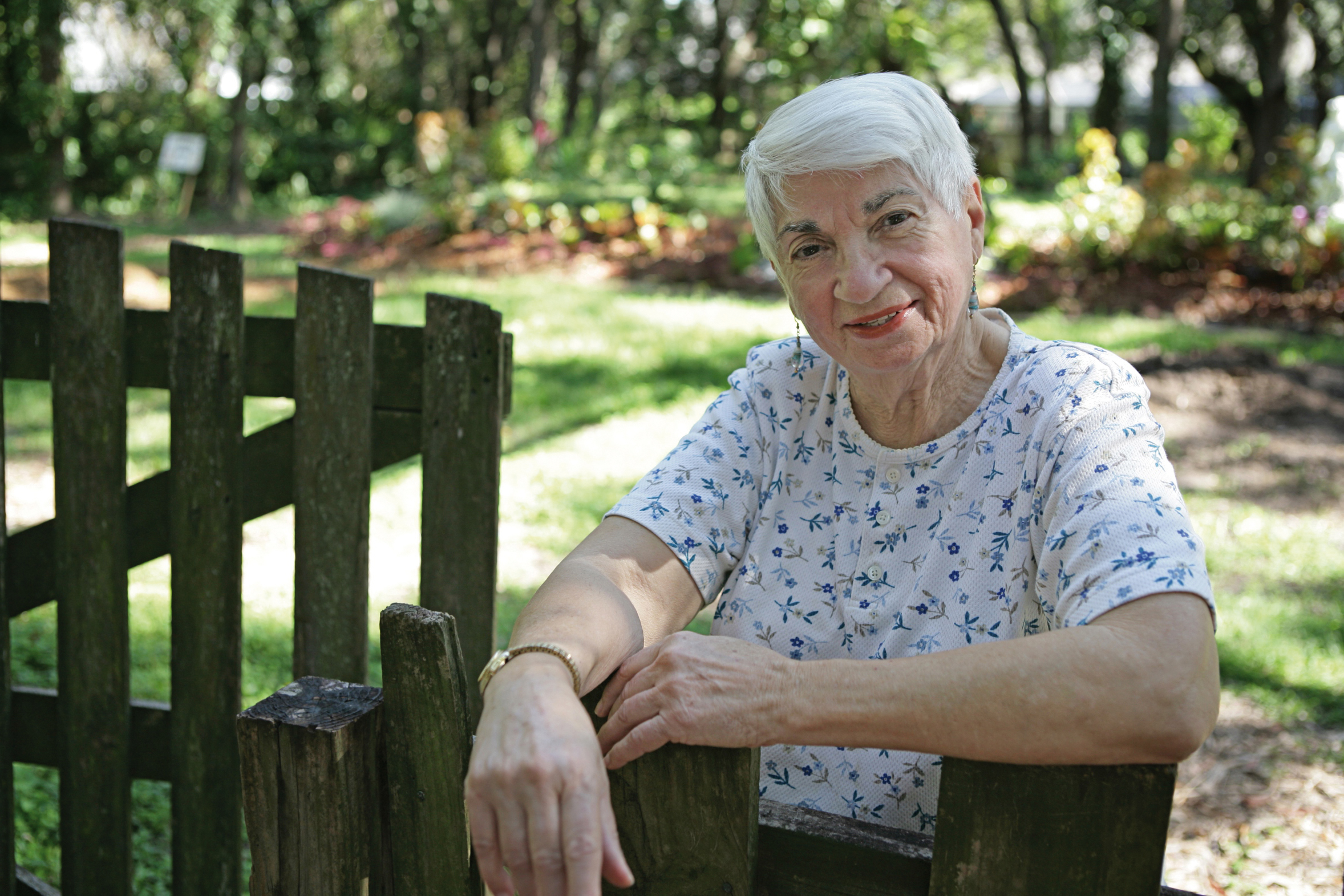
When dementia progresses to its advanced stage, the focus of care shifts from maintaining independence to comfort, dignity, and emotional support. End-of-life dementia care in a nursing-home environment aims to ensure that the individual remains comfortable, safe and surrounded by familiar routines and reassuring presence.
For families, this period can be emotionally difficult. Understanding how care is managed during the final phase can help reduce uncertainty and support meaningful moments of connection. The goal of end-of-life dementia care is to relieve discomfort, support emotional wellbeing, and provide compassionate guidance to relatives throughout the journey.
What End-of-Life Dementia Care Focuses On
- Comfort-first care rather than invasive or burdensome medical treatment.
- Pain and symptom relief, using both clinical and non-clinical approaches.
- Support with eating and drinking, with careful consideration of safety and comfort.
- Meaningful connection, such as soothing touch, familiar music or personal memories.
- Family involvement, both in care planning and daily presence.
- Peaceful environment, with reduced noise, soft lighting and preferred routines.
The priority is not extending life at all costs, but ensuring quality and dignity.
Key Elements of End-of-Life Dementia Care
| Aspect of Care | Description | Goal |
|---|---|---|
| Pain & Symptom Management | Regular assessments and adaptation of medication and positioning to ensure comfort. | Reduce distress and physical discomfort. |
| Hydration & Nutrition | Gentle feeding support, familiar foods, and careful hydration where safe and appropriate. | Maintain comfort while respecting swallowing abilities and fatigue levels. |
| Emotional Wellbeing | Reassuring touch, calm environments, presence of loved ones. | Reduce anxiety, confusion and agitation. |
| Family Support & Presence | Encouraging involvement in decisions and time together. | Shared moments and meaningful connection. |
| Care Coordination | Collaboration between nurses, doctors, and palliative care professionals. | Ensure consistent and respectful care aligned with personal wishes. |
The emotional impact of moving a parent into care
Coping strategies for families
Placing a parent into care can bring complex emotions, including guilt, sadness and relief. These feelings are common and part of a difficult transition.
- Acknowledge mixed emotions: Feeling conflicted does not mean you are making the wrong decision.- Stay involved: Regular visits and communication help maintain connection and reassurance.
- Seek support: Talking with professionals, carers or support groups can ease emotional strain.
- Focus on wellbeing: Remember that appropriate care can improve safety, comfort and quality of life.
Understanding the emotional side of this transition helps families cope with compassion, clarity and confidence.
Get support and guidance for your familyFree guidance • No obligation
Find YOUR ideal care home NOW!
How Families Can Help Create Comfort
- Share familiar music, photos or scents that evoke calm memories.
- Speak gently, even if responses are limited.
- Sit close — presence can reassure even without words.
- Ask the care team how to participate in comforting routines.
- Focus on small, calm interactions rather than conversations.
Even when verbal communication fades, connection remains deeply meaningful.
When Funding Support May Apply
In many cases, when someone is approaching the final stage of dementia, their care may qualify for specialised funding pathways. These can help with nursing care costs or support the person to remain in the care environment that provides the most comfort.
A nursing home can help families understand:
- Whether end-of-life funding may apply.
- How to request rapid assessments.
- What documentation or conversations may be needed.
Planning early can reduce stress during a sensitive moment.
FAQ
How do I know when my loved one is nearing the end of life with dementia?
Signs may include increased sleep, reduced appetite, limited communication, more time spent resting, and withdrawal from surroundings.
Will pain be properly managed if my loved one cannot express it?
Yes. Care teams are trained to observe behavioural and physical cues that indicate discomfort and adjust support accordingly.
Should we continue to encourage eating and drinking?
This depends on comfort and the ability to swallow safely. The goal is to prevent distress rather than force intake.
Can we stay with our loved one during the final days?
Yes. Nursing homes generally encourage family presence during this time, and visiting arrangements are often flexible.
Is hospital care necessary at the end of life?
Often, comfort and peace are better maintained in the familiar care environment, unless a specific medical intervention is needed.
Need help finding a care home?
Senior Home Plus offers free personalized guidance to help you find a care facility that suits your health needs, budget, and preferred location in the UK.
Call us at 0203 608 0055 to get expert assistance today.
Search for Care Homes by Region
| East Midlands | Eastern | Isle of Man |
| London | North East | North West |
| Northern Ireland | Scotland | South East |
| South West | Wales | West Midlands |
| Yorkshire and the Humber |
You are looking for a care home or nursing home for your loved one ?
Share this article :
Latest posts
You are looking for an establishment for your loved one ?
Get availability & prices
Fill in this form and receive
all the essential information
We would like to inform you of the existence of the opposition list for telephone canvassing.







.jpg)

